Stress Hormones and Post Traumatic Stress Disorder —— Basic Studies and Clinical Perspectives
----- 应激激素与创伤后应激障碍:基础研究与临床展望
Post-traumatic stress disorder (PTSD) arises from the experience of severe stressors and trauma. The disorder is characterized by recurrent recall of intrusive memories to the event, nightmares with insomnia, emotional numbing, hyperarousal, which are all long-lasting and relatively resistant to therapy. The focus of this book is on the question of how stress hormones are involved in PTSD. Recent evidence suggests that a dysregulation in stress hormones promotes the precipitation of PTSD and that correction of these hormones may ameliorate the disorder. This book combines state-of-the-art basic research on stress hormones from gene to behaviour with clinical research demonstrating the progress in understanding via imaging techniques, genetics, vulnerable phenotypes and co-morbidity with other disorders and physical illness.
{{comment.content}}
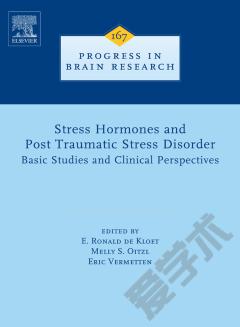
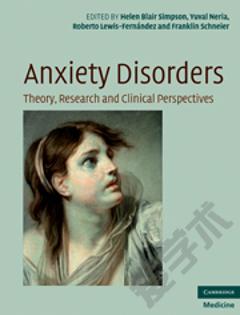

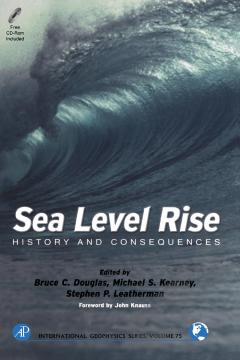
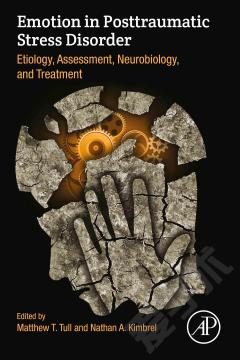
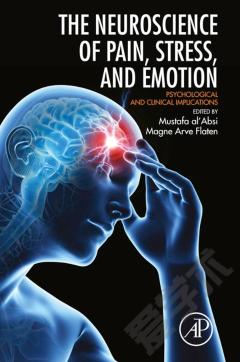
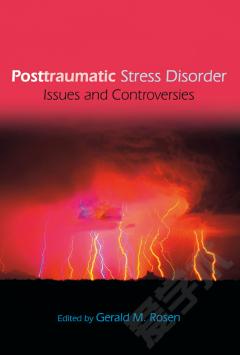

 京公网安备 11010802027623号
京公网安备 11010802027623号